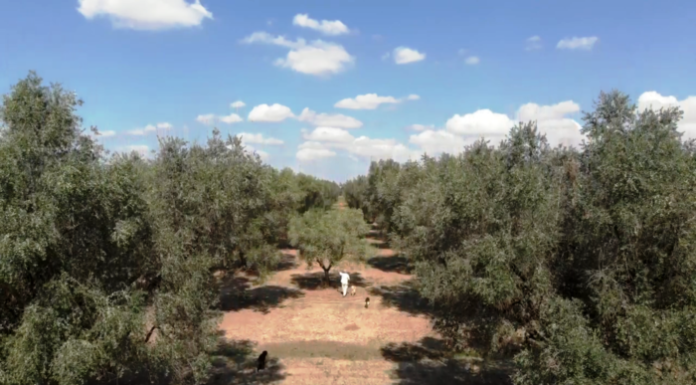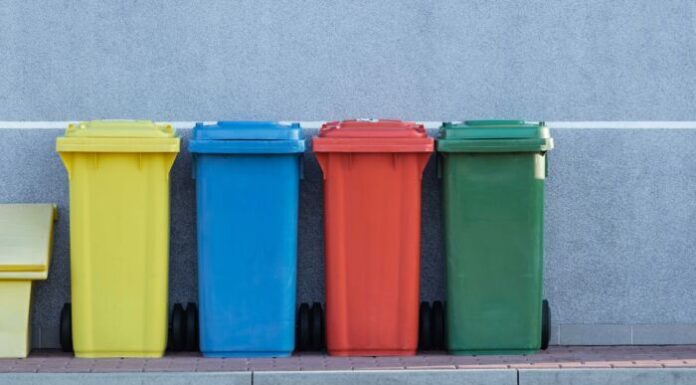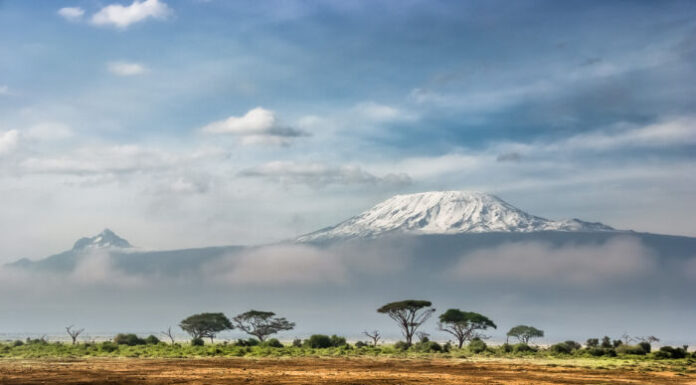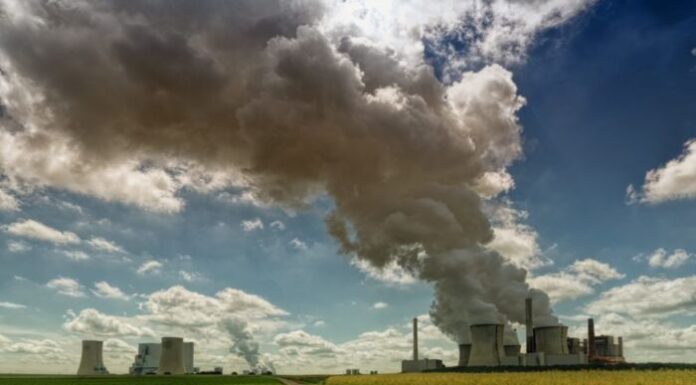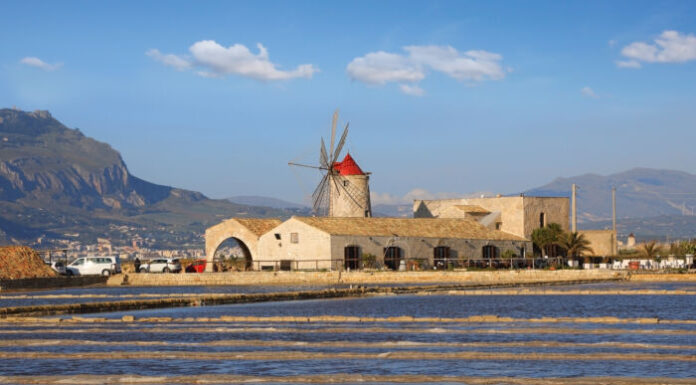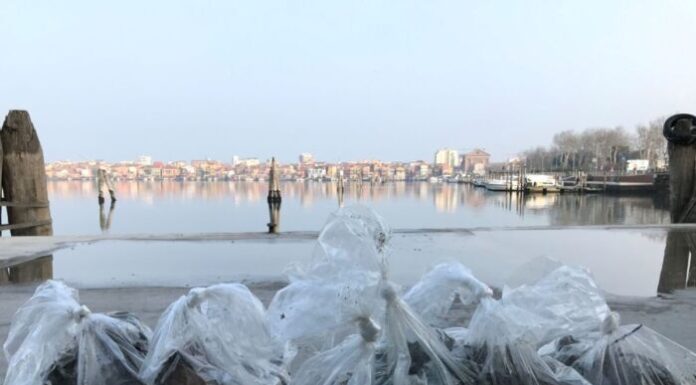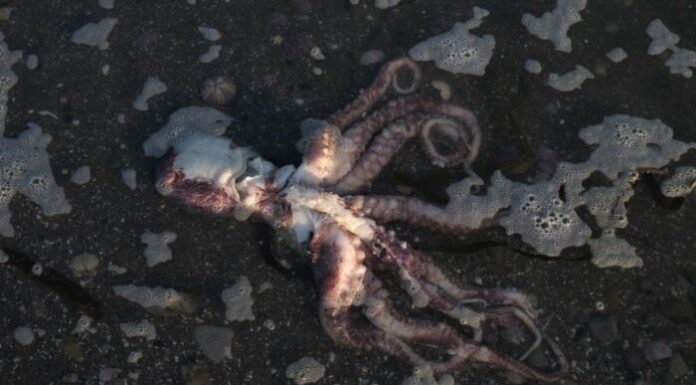Over half of the world’s population now lives in cities. With that number expected to rise to 68 percent by 2050, urbanisation is one...
How Puglia was and how it became after the devastation of the olive trees due to Xylella is the theme of a docu-film made...
There are 598 Waste Free Municipalities, those where each citizen produces a maximum of 75 kilos of dry residue per year: 51 more than...
A fire of vast proportions is devouring the forests and steppe environments of Kilimanjaro, at 3,700 meters, in one of the most precious areas...
Italy has slowed down the pace of decarbonisation. After a decade of good performance on the emission side (-27% of greenhouse gases from 2005...
Artisanal salinas across the Mediterranean today face critical times. Confronted with salt-production industrialisation, urbanisation-imposed pressure, and stressful competition from cheaper in-land producers, shoreline salinas...
Researchers and fishermen allied in a project to monitor, collect and assess the impact of waste at sea and its effects on fish species....
New environmental disaster in Russia, this time in the Pacific, particularly in the Gulf of Avacha, in the south-east of the Kamchatka Peninsula. It...
After Europe has decided to ban, by 2021, the use of various single-use plastic products, such as plates, cutlery and straws, Italy could be...
A little over seven years. That's the time we have left to stop climate change and limit carbon dioxide emissions before it reaches a...































